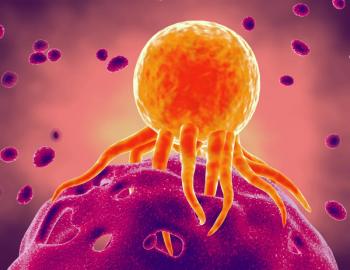
TCR² Therapeutics is collaborating with Bristol Myers Squibb to evaluate combination therapies in a phase 2 trial.

TCR² Therapeutics is collaborating with Bristol Myers Squibb to evaluate combination therapies in a phase 2 trial.
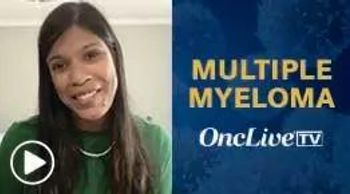
The hematologist and oncologist from UCSF Helen Diller Family Comprehensive Cancer Center discussed the potential utility of natural killer cells in multiple myeloma.

Primary efficacy data released by Sangamo Therapeutics showed that above normal α-Gal A activity was maintained for up to a year after treatment.
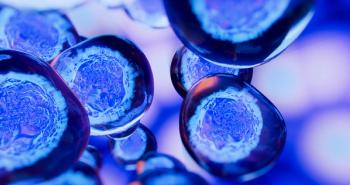
Yazeed Sawalha, MD, hematologist, Ohio State University Comprehensive Cancer Center, discussed how socioeconomic factors can affect use of ASCT in mantle cell lymphoma.
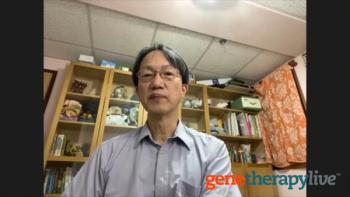
The professor from National Taiwan University Hospital discussed the challenges of working with a rare disease.
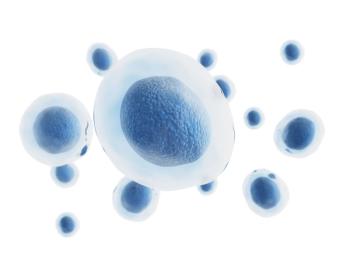
Autologous hematopoietic stem-cell transplantation maintained its long-term efficacy over interferon alfa in patients with mantle cell lymphoma.
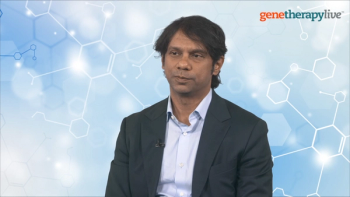
The chief executive officer of Rocket Pharmaceuticals, Gaurav Shah, MD, discussed the company’s lead programs and future plans.
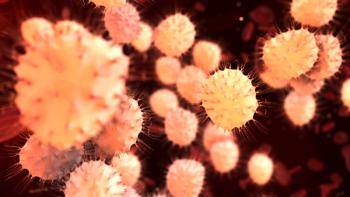
A new project is manufacturing a “purified” version of CAR-T-cells currently used to treat types of lymphoma and leukemia.
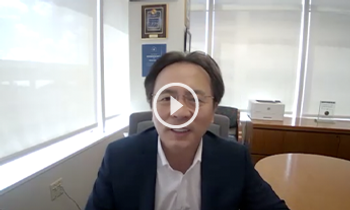
The professor from University of Texas MD Anderson Cancer Center discussed the real-world efficacy of the first CAR T therapy for the treatment of mantle cell lymphoma.
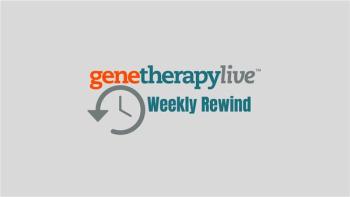
Review top news and interview highlights from the week ending November 5, 2021.
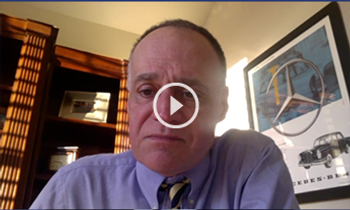
The hematological oncologist from University of Chicago Medicine discussed chimeric antigen receptor T cells therapy in non-Hodgkin lymphoma.
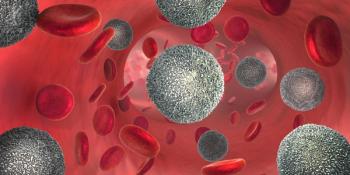
Dipenkumar Modi, MD, discussed novel treatment options in leukemias and lymphomas.
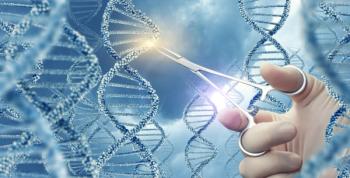
4D Molecular Therapeutics announced positive data from trials assessing 2 of their gene therapies.
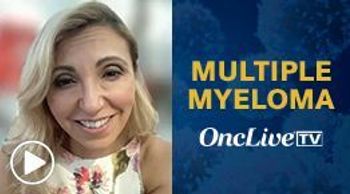
The director at Dana-Farber Cancer Institute discussed future efforts to prevent the development of multiple myeloma.
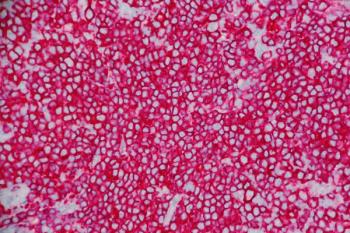
The FDA also accepted a Type II Variation for the use of tisagenlecleucel in patients with R/R FL following 2 prior lines of treatment.
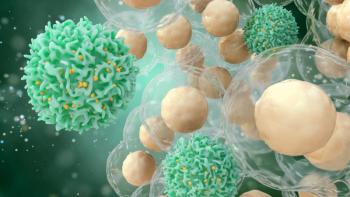
Paul Lammers, MD, MSc, president and chief executive officer, Triumvira Immunologics, discussed the challenges of manufacturing cell therapies.
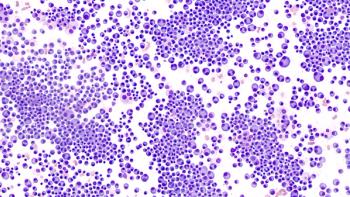
The FDA has pushed cilta-cel's BLA PDUFA date back by almost 4 months.

The professor from National Taiwan University Hospital discussed further research he would like to do with the gene therapy PTC-AADC.
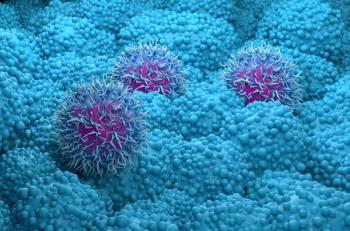
The vaccination therapy improved progression-free survival by 3.1 months over standard care in 1 patient treated.
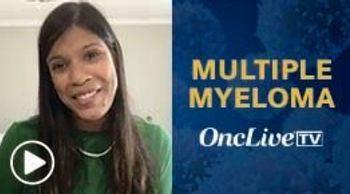
The hematologist/oncologist from UCSF Helen Diller Family Comprehensive Cancer Center discussed the potential of vaccine-based therapies in multiple myeloma.
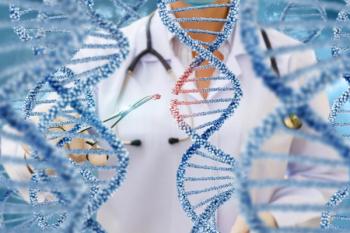
Partners in the Bespoke Gene Therapy Consortium include the NIH, FDA, private companies such as Pfizer and Biogen, and non-profits.
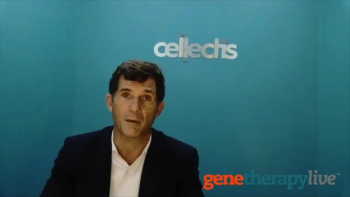
André Choulika, PhD, chief executive officer and cofounder, Cellectis, discussed the company’s expansion into gene therapies.
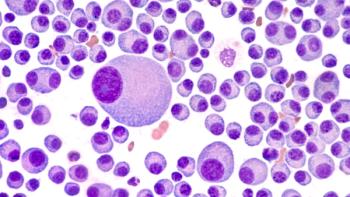
Ide-cel's March 2021 FDA approval marks a significant advance in relapsed/refractory multiple myeloma treatment.
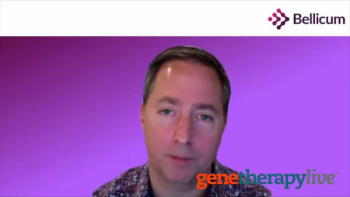
Rick Fair, president and chief executive officer, Bellicum Pharmaceuticals, discussed the company’s programs and future plans.
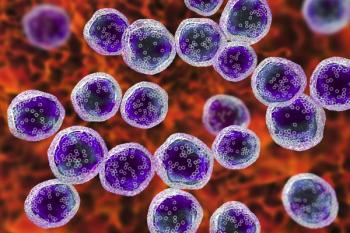
Doctors debated the roles of allogeneic hematopoietic stem cell transplant and CAR T-cell therapy for the treatment of aggressive B-cell lymphoma.

The phase 1 study of NTLA-2001 previously showed positive interim data, including serum TTR reductions, which were reported in June 2021.
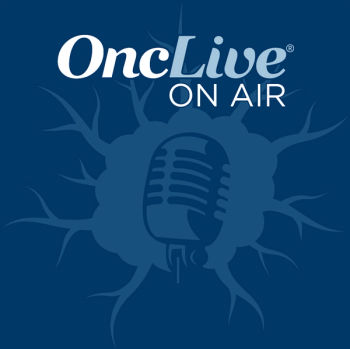
The assistant professor of medicine at the Medical College of Wisconsin discussed immune-compromising factors that are indigenous to CAR T-cell therapy recipients.

Researchers have developed a corneal epithelial stem cell-derived eye drop therapy for dry eye disease.

Review top news and interview highlights from the week ending October 29, 2021.
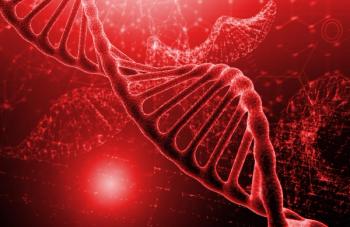
The FDA cleared the IND application for HMI-203 in October 2021.